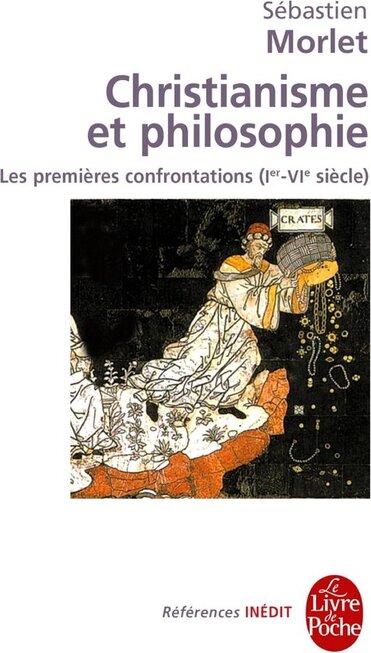
So many questions that Sébastien Morlet, a French specialist in Late Antiquity, takes the time to ask in his book Christianisme et philosophie. Les premières confrontations (1er-VIe siècle), before outlining, for each one, a detailed answer, easily understandable by the layman who wants to be initiated into the subject.
Here, the pedagogical quality of the teaching is coupled with a constant concern for nuance, with a view to a proper appreciation of the intellectual developments specific to the tradition studied and the period covered. A distant period, difficult to approach without doubt, but, at the same time, not as foreign as one might think; for Christians of that time asked themselves questions that we still ask ourselves. And first of all, that of the right relationship between (Greek) philosophy and (Christian) religion.
At the beginning of Christianity, the evolution of this relationship was made through a succession of Christian positionings and repositionings, whose overall movement the author restores to us throughout six chapters, which can be summarised as follows.
The first attitude of Christians towards pagan wisdom consisted, from the time of Paul's epistles, in opposing the errors of the philosophers (chapter I). The latter, such as Celsus or Porphyry, responded to the Christians with an uncompromising criticism of their doctrine and their sacred book, when they did not simply ignore them, out of contempt or ignorance of the Christian phenomenon (chapter II).
But soon, changing its approach, and recognising a certain value in the Greek tradition, Christianity wanted to present itself, in the work of St. Justin Martyr among others, as true philosophy, understood not only as a theory, but as a supreme art of thinking and living (chapter III).
With St. Clement of Alexandria, Christians refined their relationship with philosophy, affirming its incompleteness, but at the same time recognising its undeniable value, which made them see it as "an introduction, a preparation for Christianity" (p. 103) (chapter IV). In the wake of this repositioning, Christians proceeded to a Christian rereading of Greek authors, for example by passionately seeking 'points of agreement [...] between their faith and Plato's thought' (p.134), even if this meant, at times, distorting the theses of the founder of the Academy and allowing their doctrine to be overly tinged with Platonism (chapter V).
If Christianity was obviously influenced by the Greek tradition, it is much less easy to demonstrate, at the time of Neoplatonism, an influence, in the opposite direction, of Christianity on the work of Plotinus, even if the idea that Christianity, as a doctrine, had a significant impact on the development of pagan philosophy cannot be totally excluded (chapter VI).
From the careful examination of the evolution of the relationship between philosophy and Christianity at the time of the Church Fathers, the author draws the conclusion, and this is the general thesis of the work, that Christianity cannot be reduced, despite the fact that faith plays a capital role in it, to an antirationalism.
But what to make then, some will think, of the famous sentence of Tertullian, who wrote: "I believe, because it is absurd (credo, quia absurdum)"? Is it not the perfect expression of this anti-rationalism which means that where Christianity takes root and imposes itself, reason necessarily recedes?
Sébastien Morlet's answer: "Perhaps it would suffice to say that this word does not come from Tertullian [...]. It] is in fact a distortion of a passage in the treatise On the Flesh of Christ (5, 4: credibile est, quia ineptum est) and in no way constitutes a general maxim against philosophy.
In reality, the patrologist continues, "What Tertullian means" is 1) that Christians need a theology "that does not limit God's power to what can reasonably be conceived of it" and 2) "that God's death is credible precisely because it exceeds our understanding" (p. 9-10).
What exceeds our understanding does not go against reason, but beyond reason. We thus return the thesis of faith as a mode of knowledge, not infrational, as the detractors of Christianity think, but suprarational.
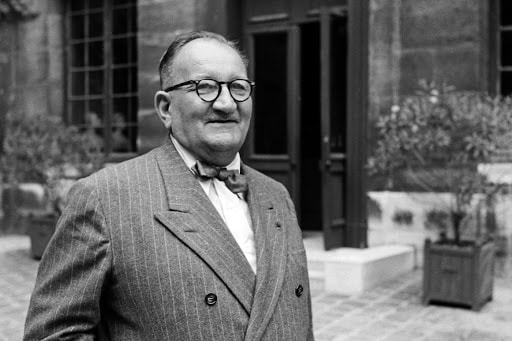
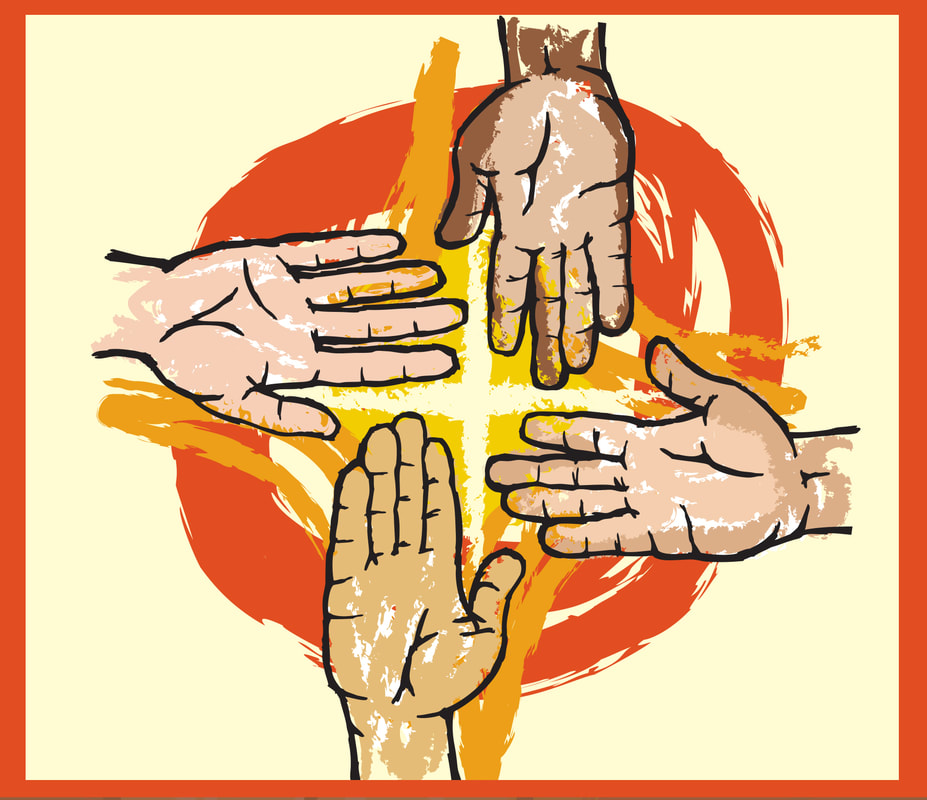
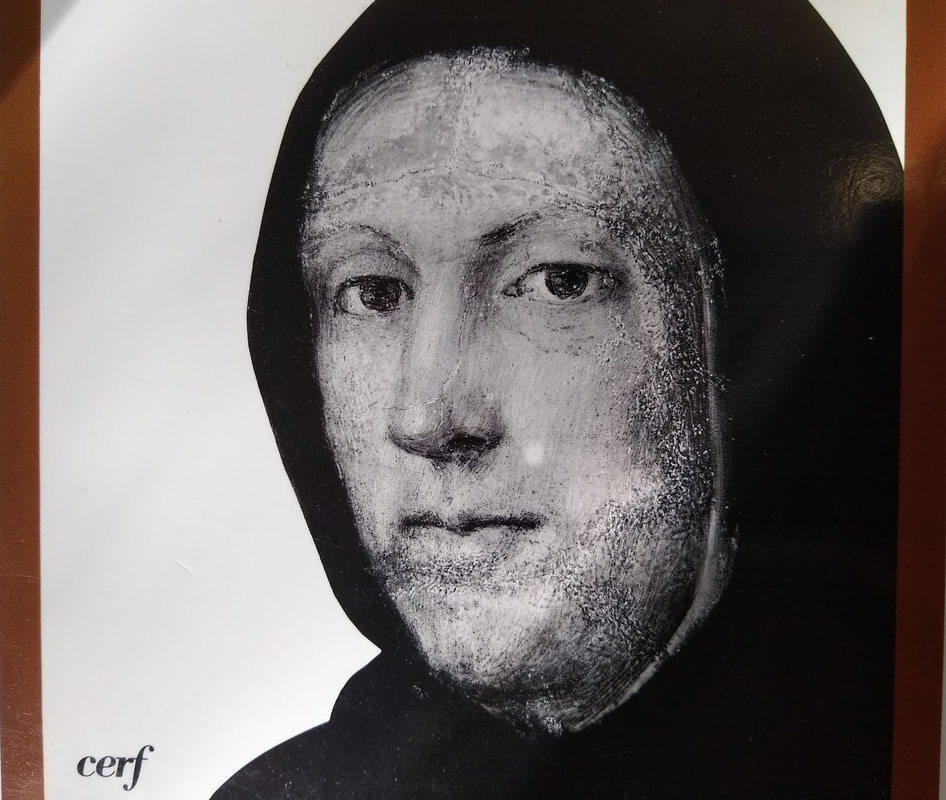
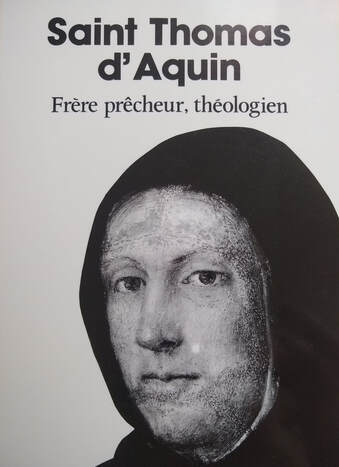
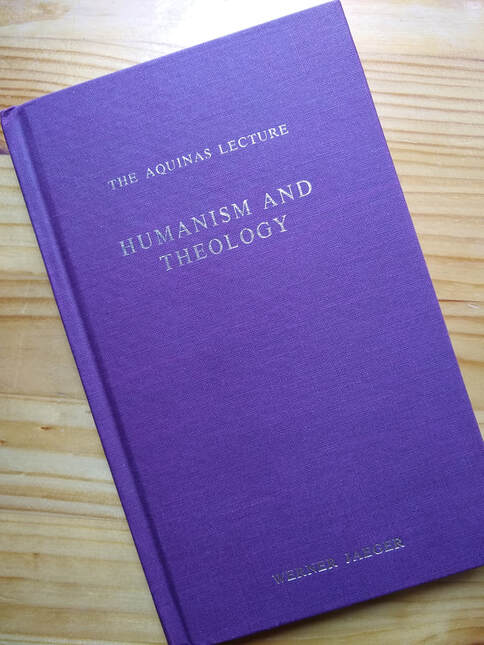
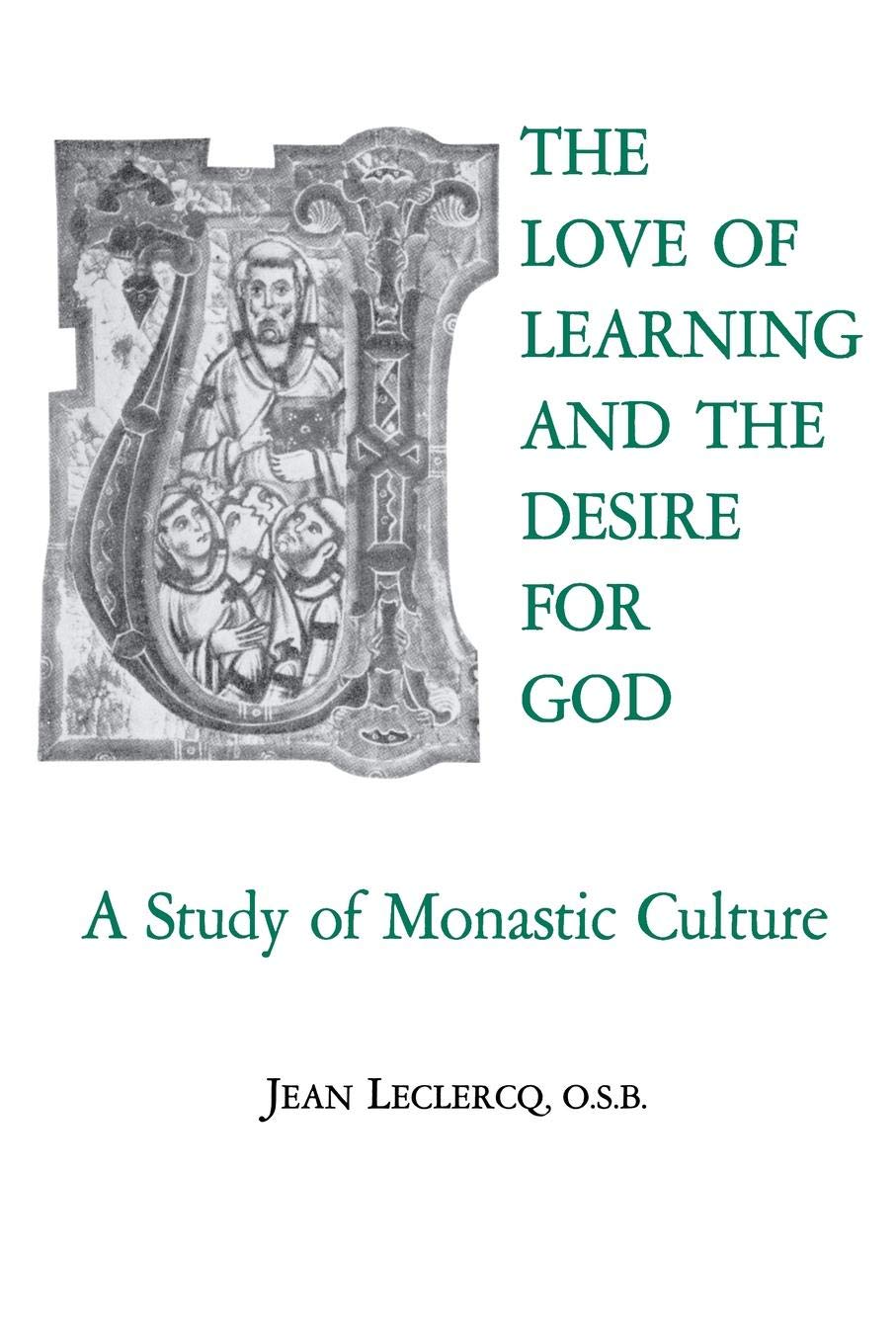
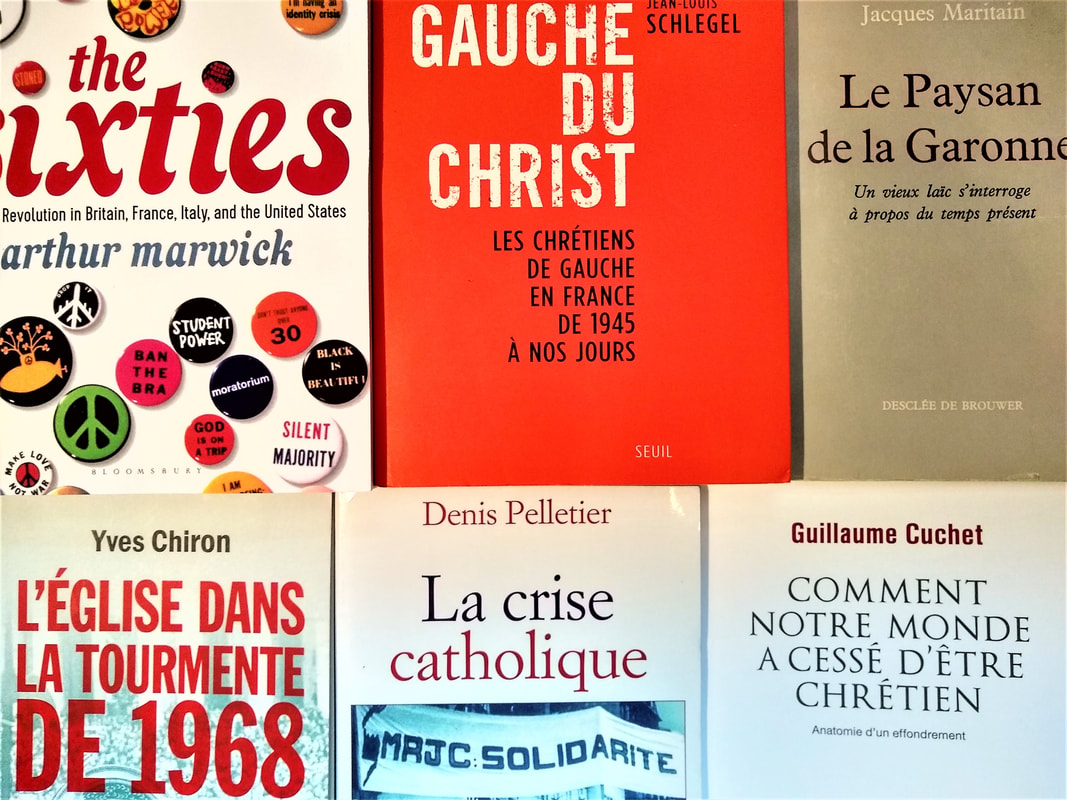
 RSS Feed
RSS Feed
